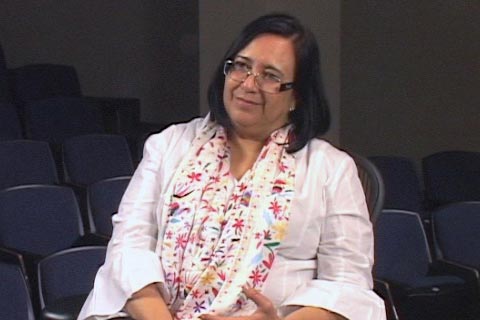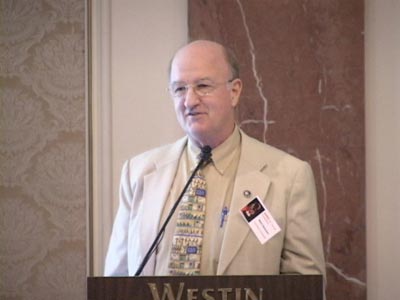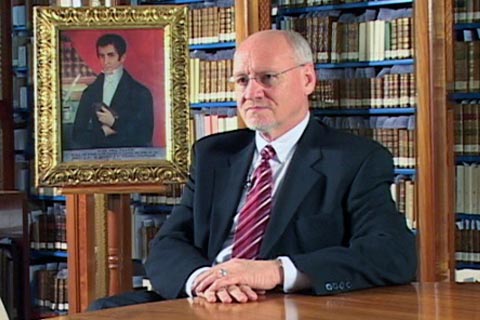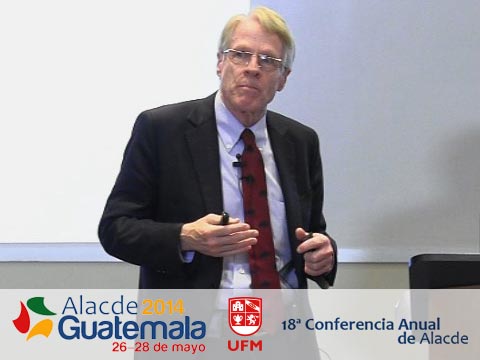About this videoMonetary systems controlled by central authorities, such as central banks, have always struggled with the ongoing situation of maintaining sound and stable money. In fact, some economists have said that these institutions are the real creators of instability in the system, due to their constant intervention in the markets. In this interview, Jerry L. Jordan shares his opinion regarding monetary policies and the way they affect societies. He explains how policy makers usually have a hard time making choices that respond to the economic principles they believe in. He also comments on the privatization of money and the mythical existence of a neutral monetary policy. As well, he mentions that these economic decisions emerge to meet certain political private interests. Finally, Jordan talks about the US economic crisis and housing bubble. |
|
CreditsBrief Comments on Monetary Policy
| |











